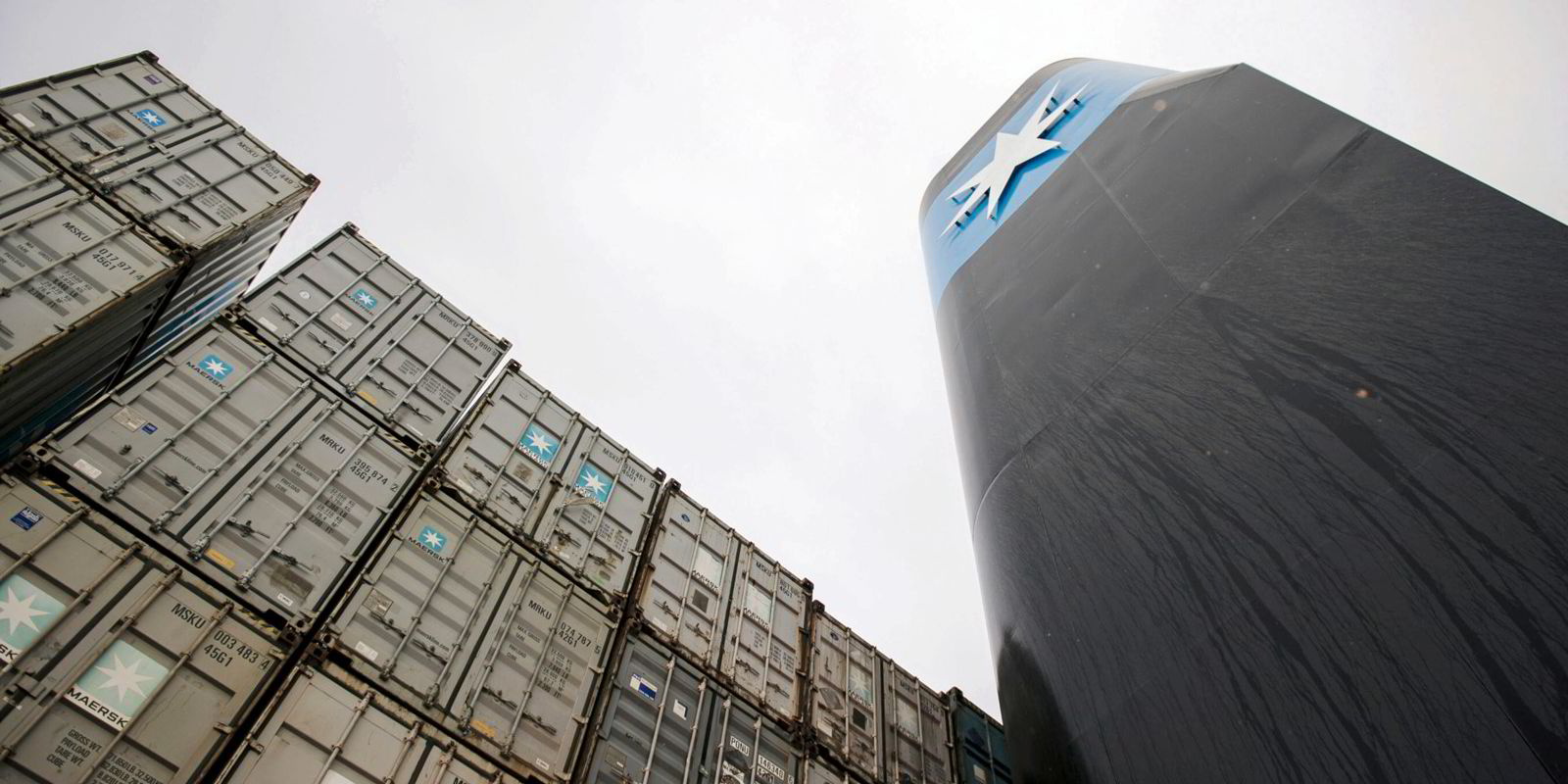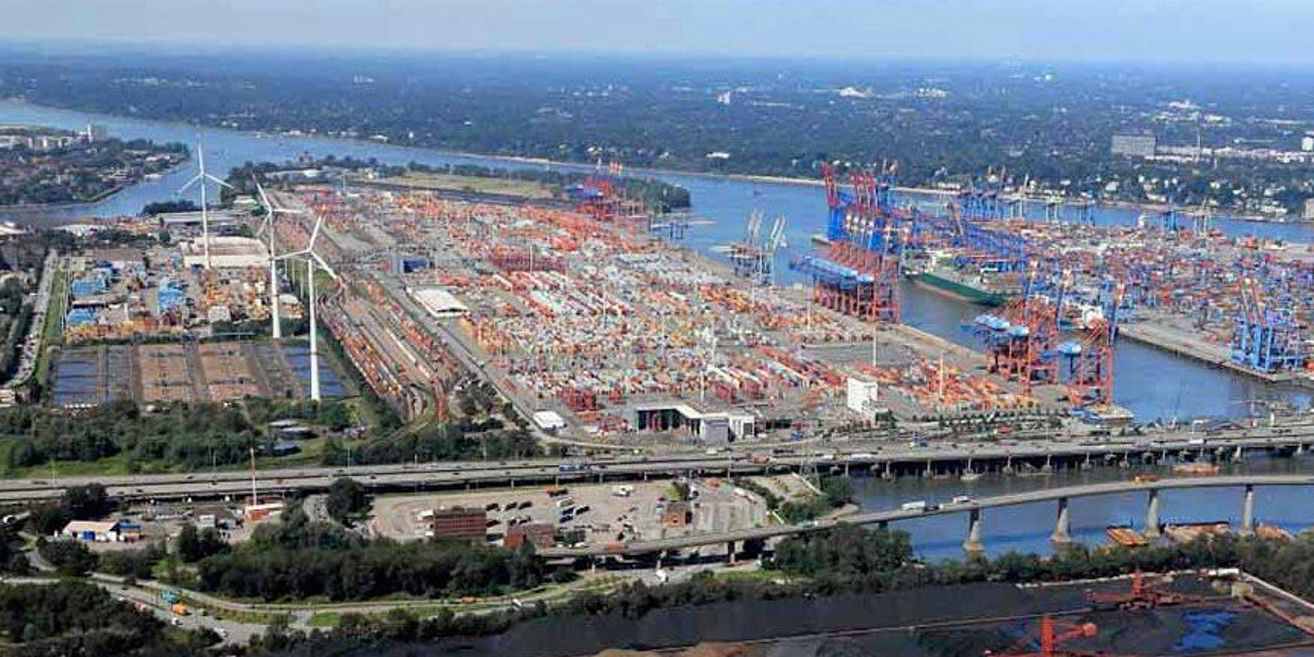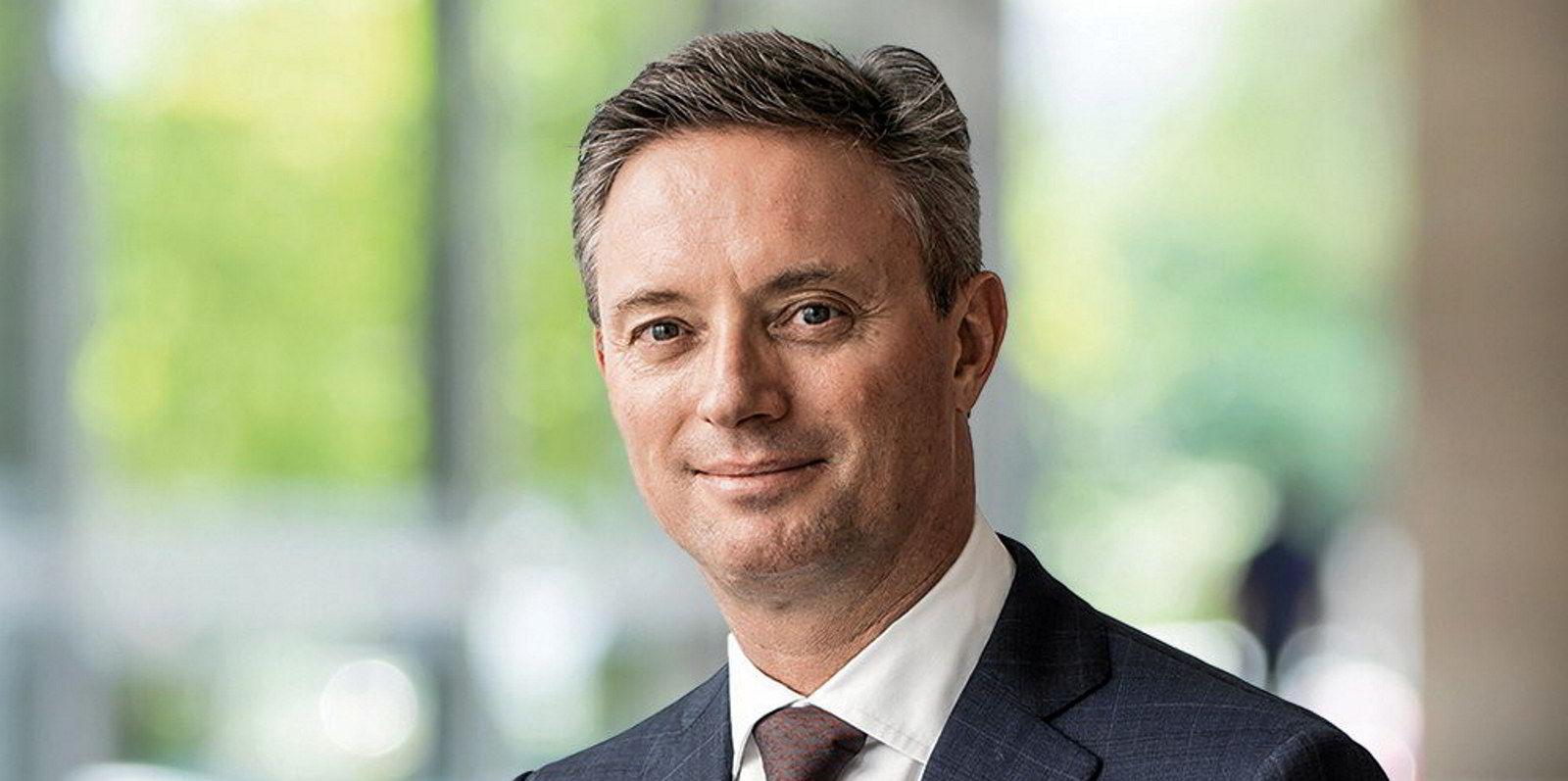Danish Ship Finance (DSF) has warned that owners who fail to meet decarbonisation obligations will effectively lose their licence to operate over the coming years.
In the financier's latest shipping report, a team of analysts led by head of innovation and research Christopher Rex examined how efforts towards a zero-carbon goal could change the landscape drastically over the next 20 years.
They concluded that the industry is struggling to identify a clear transition pathway, with much of a "fragmented" fleet owned by small and medium-size players.
"Shipowners’ access to cargo, capital and ports could be at risk if they are considered not to be doing enough to reduce their CO2 footprint," the company warned.
"Their ability to offer a cost-competitive zero-carbon service to their customers will, at some point, be a critical element in the renewal of their licence to operate."
Licences revoked?
The financier said that shipowners' medium-term licence to operate is "somehow being renegotiated, since lower returns on invested capital limit their appetite to renew their fleets".
First-movers could obtain prime advantages that strengthen their access to cargo, capital and ports, the report said. But if they fail, later entrants could capitalise at less cost.
DSF added that it is aiming to start a discussion on how decarbonisation could be achieved.
And the report does not hold back on controversy, suggesting a "haves and have-nots" two-tier market and that higher entry barriers are desirable to protect margins.
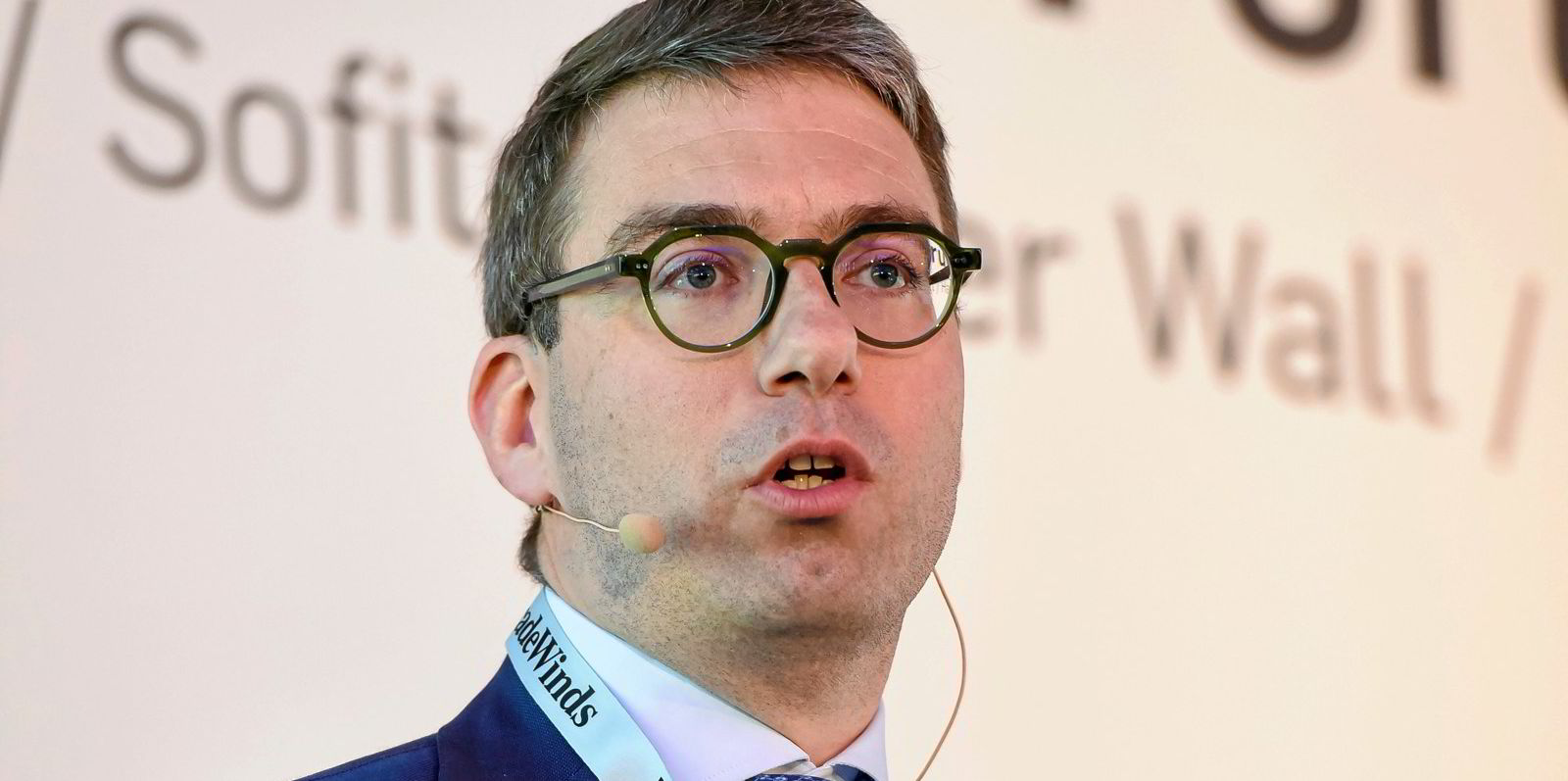
The analysts argue that barriers to entry could be raised, if only temporarily, via the development of a zero-carbon fuel supply available to players that actively engage in sector integration.
"If the solutions that deliver the efficiency improvements are available to all players willing to pay, it will simply drive down margins," DSF said.
Critical mass needed
Sector integration is about pooling various sectors' fuel demand to reach critical mass and allow prices to come down, DSF explained.
"Few vessel segments can present meaningful barriers to entry except for some of the more industrialised liner operations, many of which operate in shortsea trades within specific regions," the report said.
The more tramp-based operations are working almost without any barriers to entry, DSF added.
Much of the value generation in tramp operations is achieved from buying and selling vessels rather than operating them, the company argued.
Low returns a problem
And the analysts said shipping in general has a problem with low returns on invested capital, combined with the increased need to invest.
This has dried up the supply of equity investors and created an environment where there are more sellers than buyers of ships, DSF believes.
And this favours the bigger players.
Survival of the fittest
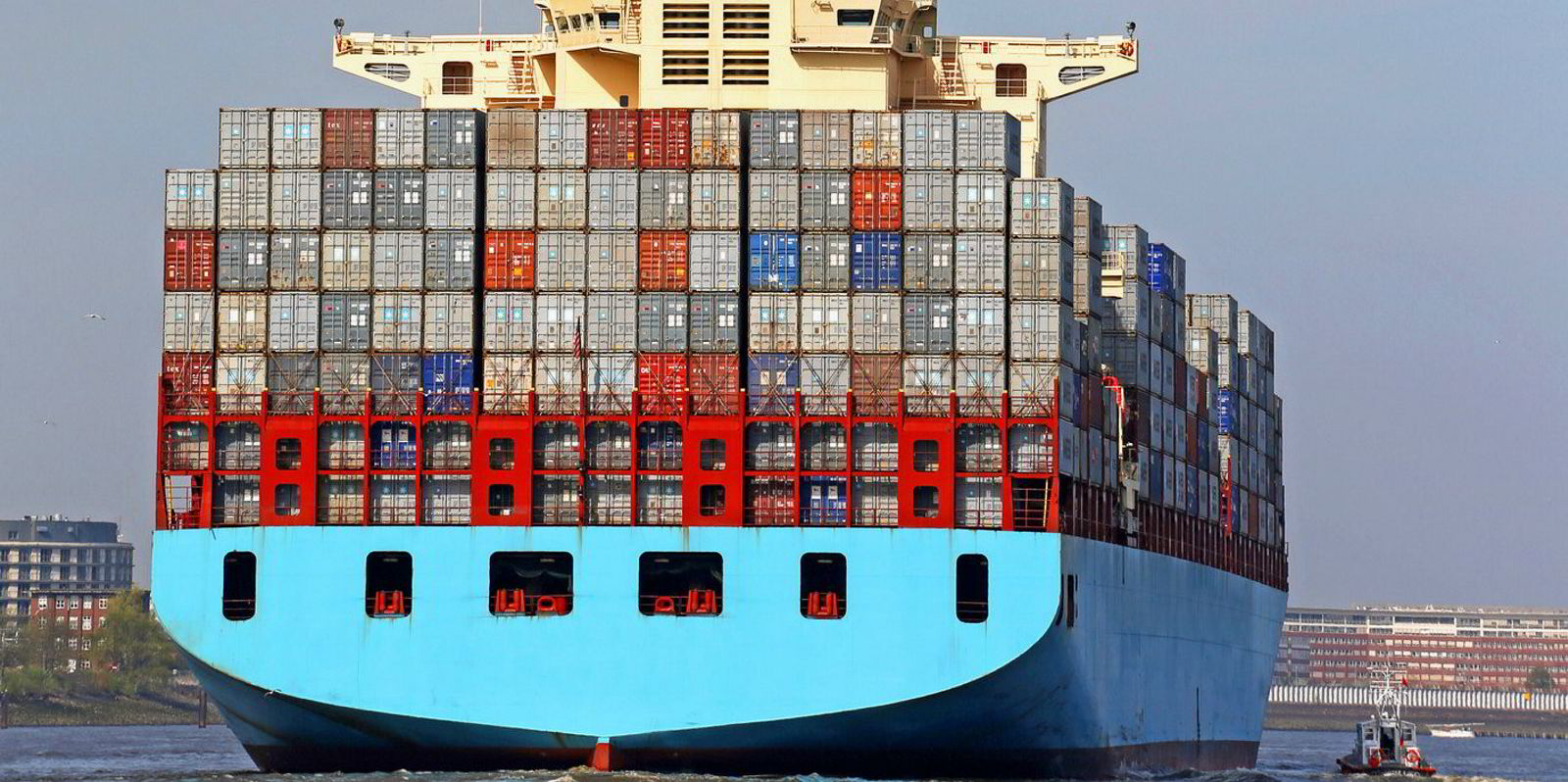
"The dynamics of sector integration are likely to favour the largest and strongest shipowners, but the outlook for asset ownership does not necessarily point in the direction of consolidation. Many shipowners may choose simply to wait, retrofit existing vessels and only adopt zero-carbon fuels when a clear pathway has emerged," DSF said.
The company added there is little doubt that the first spark for change will need to come from new regulation, whether that is a carbon tax and/or government subsidies.
But incentives alone will not be enough, the financier warned.
"It seems that the industry’s transition is not being orchestrated by the shipowners, although some are investing to be forerunners," DSF said.
Charterers leading the way?
Instead it is charterers, ship managers, equipment manufacturers and service providers who are working to develop and scale new efficiency-improving solutions for the industry that will allow massive cost savings.
This field is often dominated by players that are significantly more consolidated than those in the vessel-owning space, the company said.
DSF warned in conclusion: "Existing vessels could become obsolete, almost irrespective of their age, if an alternative is introduced that offers more value for the same freight rate. The message is clear: transformation is not an option; it is a business imperative."

